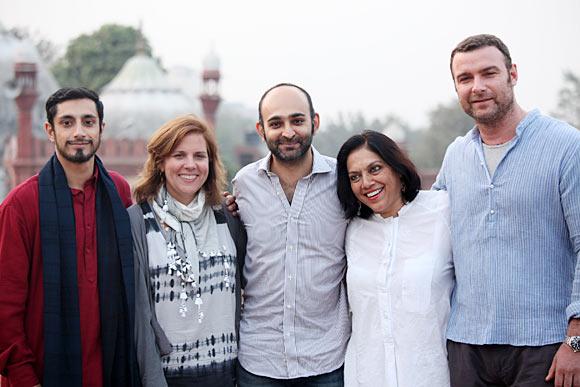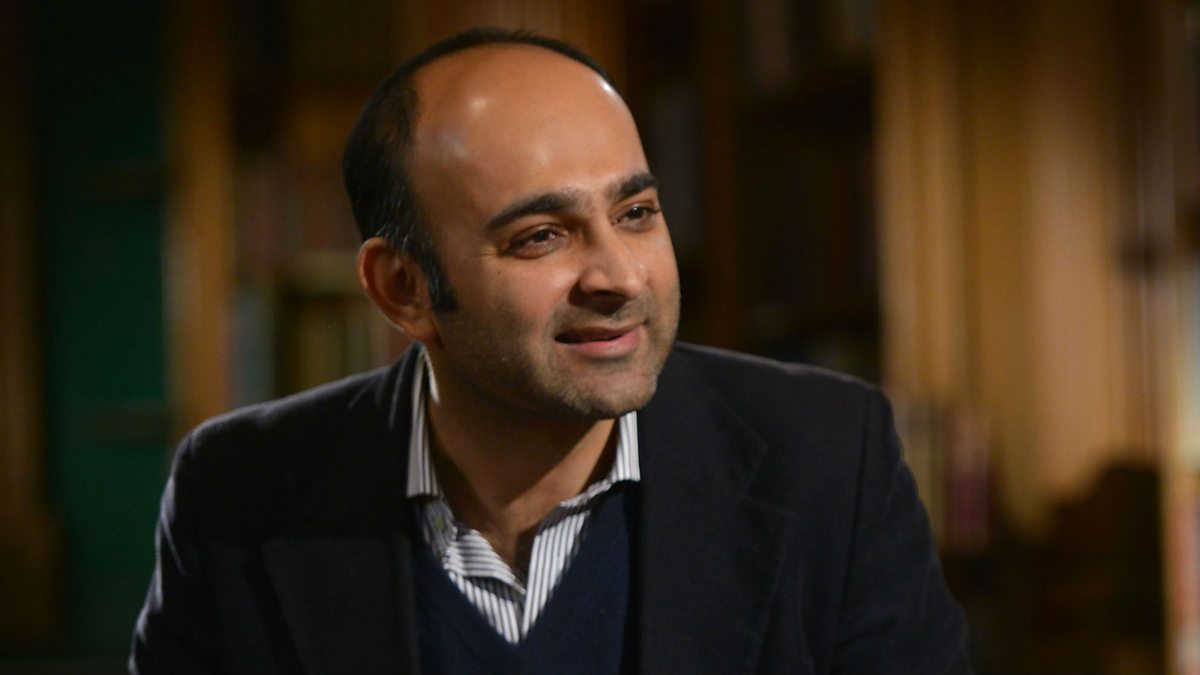
Changez's narration follows the story of his past with flashbacks and he leads the reader through his ideological change.

The novel, narrated within a frame story, is set on a single evening in Lahore where Changez tells his life back in America to an American in a café. Mohsin Hamid's The Reluctant Fundamentalist, published in 2007, is a novel that focuses on the ideological standpoint of a young Pakistani man, Changez, who seeks for a solid standing ground in his own cultural origins after his educational and professional life in the US that westernized him fully.

Despite utilizing spaces of ambiguity to expose the dangers of binary thinking, both novel and film ultimately demonstrate that representations are still unable to escape the loop of orientalism and re-orientalism, highlighting the tension of how East and West continue as locked into this circular mode of relational identity. Ostensibly more conciliatory than Hamid's novel, Nair's film adaptation attempts to build bridges, stressing the tragedy of cultural suspicion and mistrust that besets the relationships between Pakistan and the US, endeavouring to open and facilitate dialogue. Mohsin Hamid's novel was begun before 9/11 and published seven years later, in 2007 Mira Nair's film adaptation followed in 2012, with a premiere at the Venice Film Festival (as the opening film) and the Toronto Film Festival. Both novel and film are informed by the post-9/11 distrust of the Muslim other. This article offers a comparative reading of the novel and film adaptation of The Reluctant Fundamentalist, looking at the ways these texts represent changing Western public perceptions towards Pakistan and vice-versa along the temporal axis 2001–2007–2012. Seeking to demonstrate the workings of decolonial post-truth through a close reading of Mohsin Hamid's The Reluctant Fundamentalist (2007), the essay positions the novel as a counter-historical text that challenges the truisms that breathe life into 9/11 Islamophobia. In so doing, it engages with the countertextual through the ways in which literariness travels from the novel into everyday politics. This essay puts forward a consideration of 'decolonial post-truth' as a rhetorical technique inspired by Walter Mignolo's concept of decoloniality.

This article proposes an alternative interpretation of 'post-truth', approaching it as a challenge to dominant systems of knowledge expressed through literary narratives. Post-truth techniques were, for instance, said to have characterised Donald Trump's presidential campaign in the United States as well as the Brexit lobby in the United Kingdom. In contemporary political discourse, the term 'post-truth' denotes rhetorical techniques often directed at garnering popular support.


 0 kommentar(er)
0 kommentar(er)
